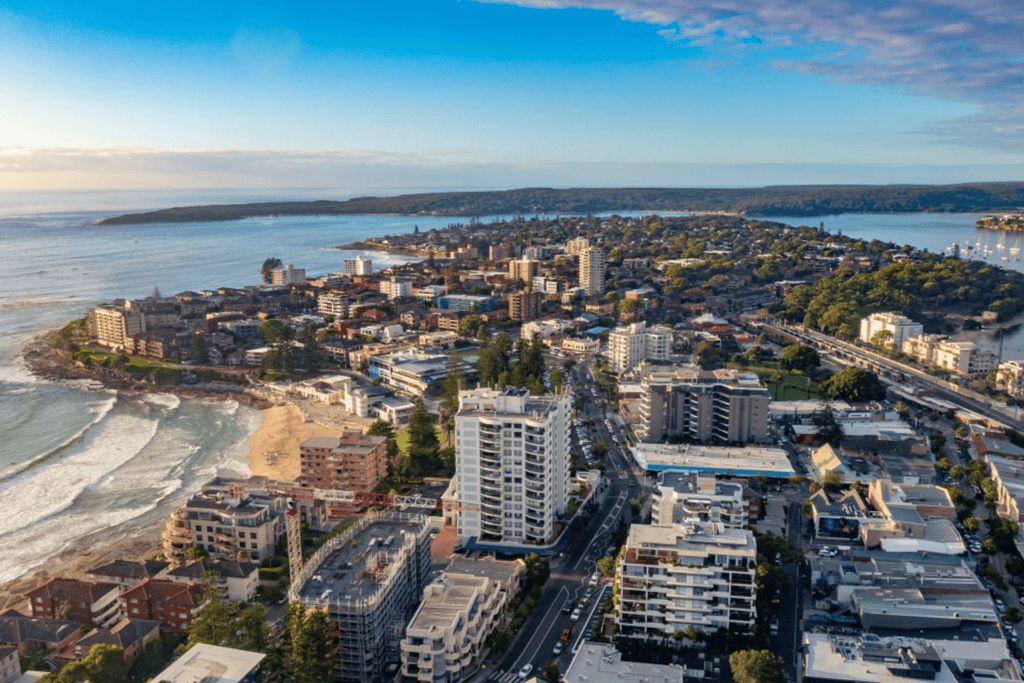The housing market is facing less pressure from foreign investors, with buyer numbers more than halving.
Treasurer Scott Morrison revealed in a pre-Budget speech that foreign investment applications for residential housing had fallen to an expected 15,000 this year from 40,000 last year.
This has largely been because regulators have instituted measures aimed at cooling the booming property market and Chinese authorities have restricted the amount of money that can leave their country.
Foreigners had been buying property at an annualised rate of $8 billion, equating to 25% of new supply in NSW and 16% in Victoria in the 12 months to March 2017, according to research by Credit Suisse.
During that time, CoreLogic data shows the median dwelling price had increased by 18.9% and in Sydney by 14.7% in Melbourne. From January 2009, prices in Sydney have surged by 106% and in Melbourne by 89%.
Morrison acknowledges risks
“We are already seeing signs the heat in our housing markets may be coming off, especially in the apartment market,” Morrison said. “Cooling foreign investor interest, due to tougher foreign investment rules implemented by our government and capital outflow restrictions in China are already having an impact.”
Admitting that the housing market was skewed, he warned that “care must be taken to temper excessive investor activity that can inflate the market where there is a supply-demand imbalance.”
“We must be alive to the very real risks of a hard landing in the housing market, which would potentially have very serious negative spill overs for the broader economy. Around 80% of Australia’s $2.1 trillion household debt is in mortgages.
“Australian households are now the fourth most indebted in the OECD as a share of income – behind Denmark, the Netherlands and Norway.
“However, we should also bear in mind that low interest rates, increasing household assets, and our debt concentration in higher-income households, provide some comfort about the serviceability of this debt. The asset coverage on these debts is over five-fold.”
Chinese the biggest buyers
“When we talk about foreign buyers, we are really talking about Chinese buyers,” Credit Suisse said. “The Chinese have accounted for almost 80% of foreign demand in NSW. The second-biggest group, the Indonesians, account for just 1.7% of foreign demand.”
Breakdown of foreign property buyers in NSW (% of value)

China’s central bank late last year started vetting capital transfers abroad worth US$5 million or more. Previously, only transfers worth US$50 million had to be reported to authorities.
These restrictions were tightened further at the beginning of this year so that people could not purchase foreign exchange to use for overseas investment, including for buying houses.
The Australia Government has been doing its part by forcing sales of established properties bought by foreigners in breach of investment rules. Foreign buyers can only purchase new properties in Australia.
Cooling the market
Other moves to take the heat out of the property market include limiting interest-only mortgage lending and property investment lending generally. The four big banks last month increased interest rates for investment properties and three of them increased rates for owner-occupiers.
The pending apartment supply deluge will also help dampen prices, especially in the second half of 2017 and into 2018. More apartments were completed in the December 2016 quarter than houses, Australian Bureau of Statistics building activity data shows. This is the first this has occurred.

Source: CoreLogic, ABS




